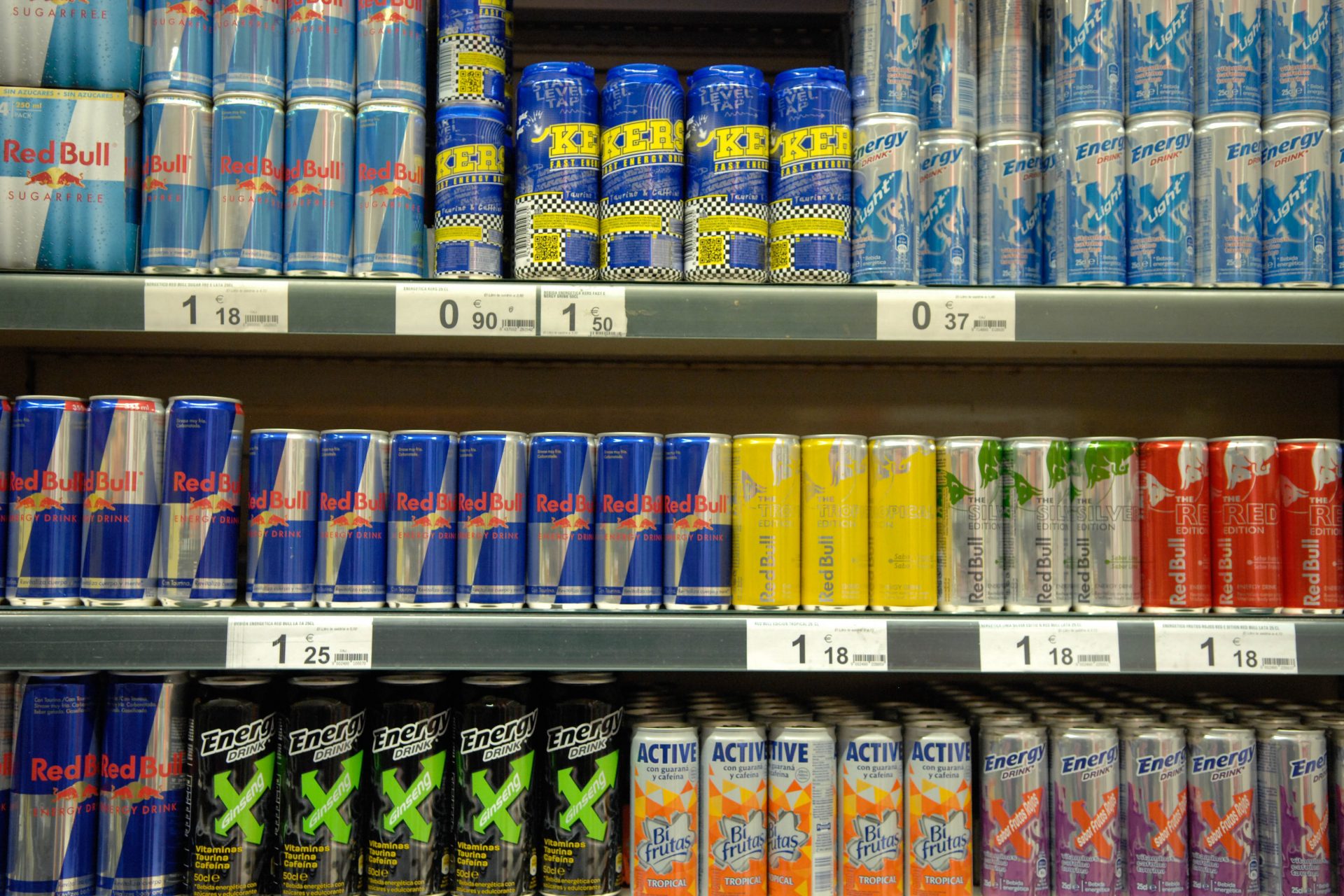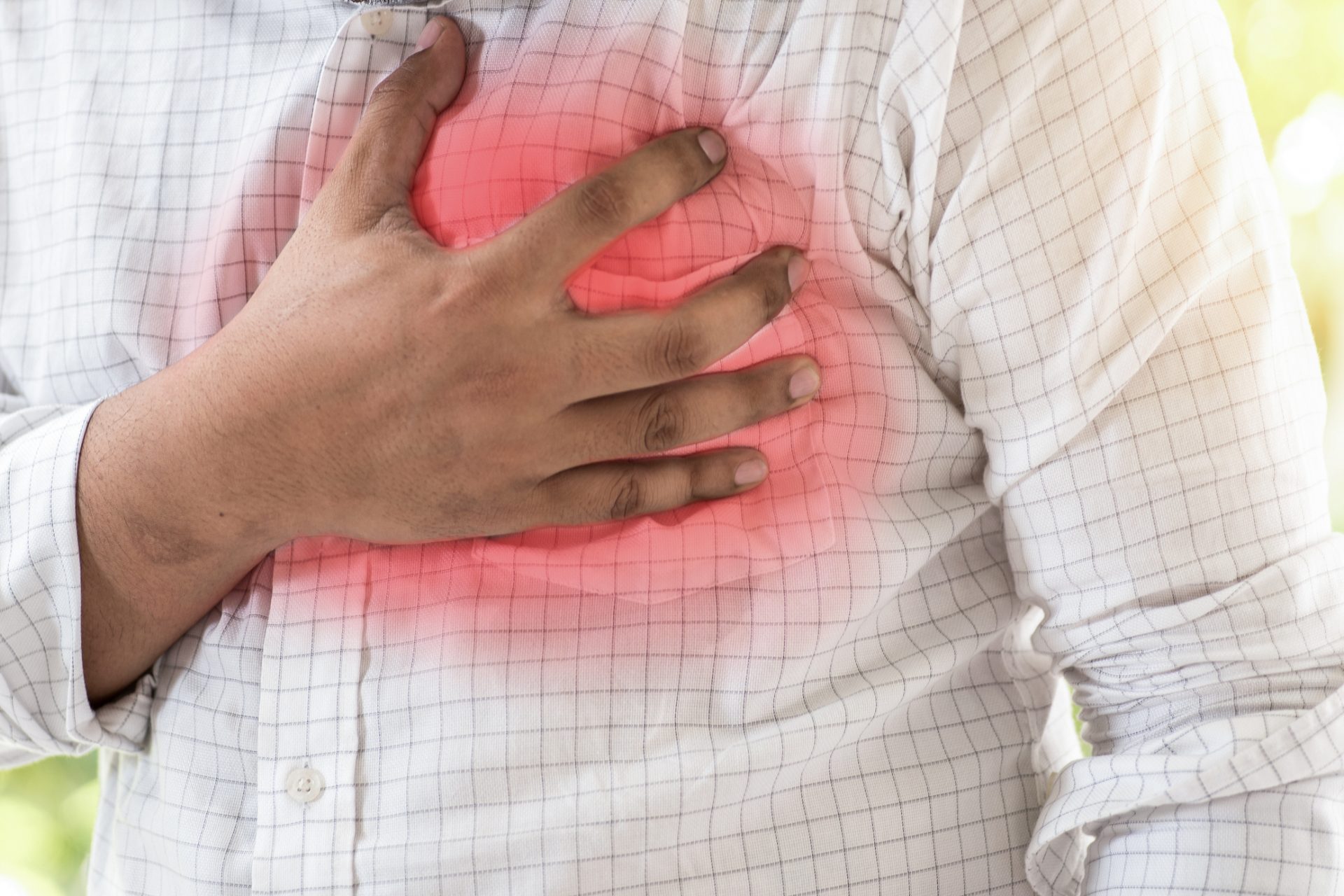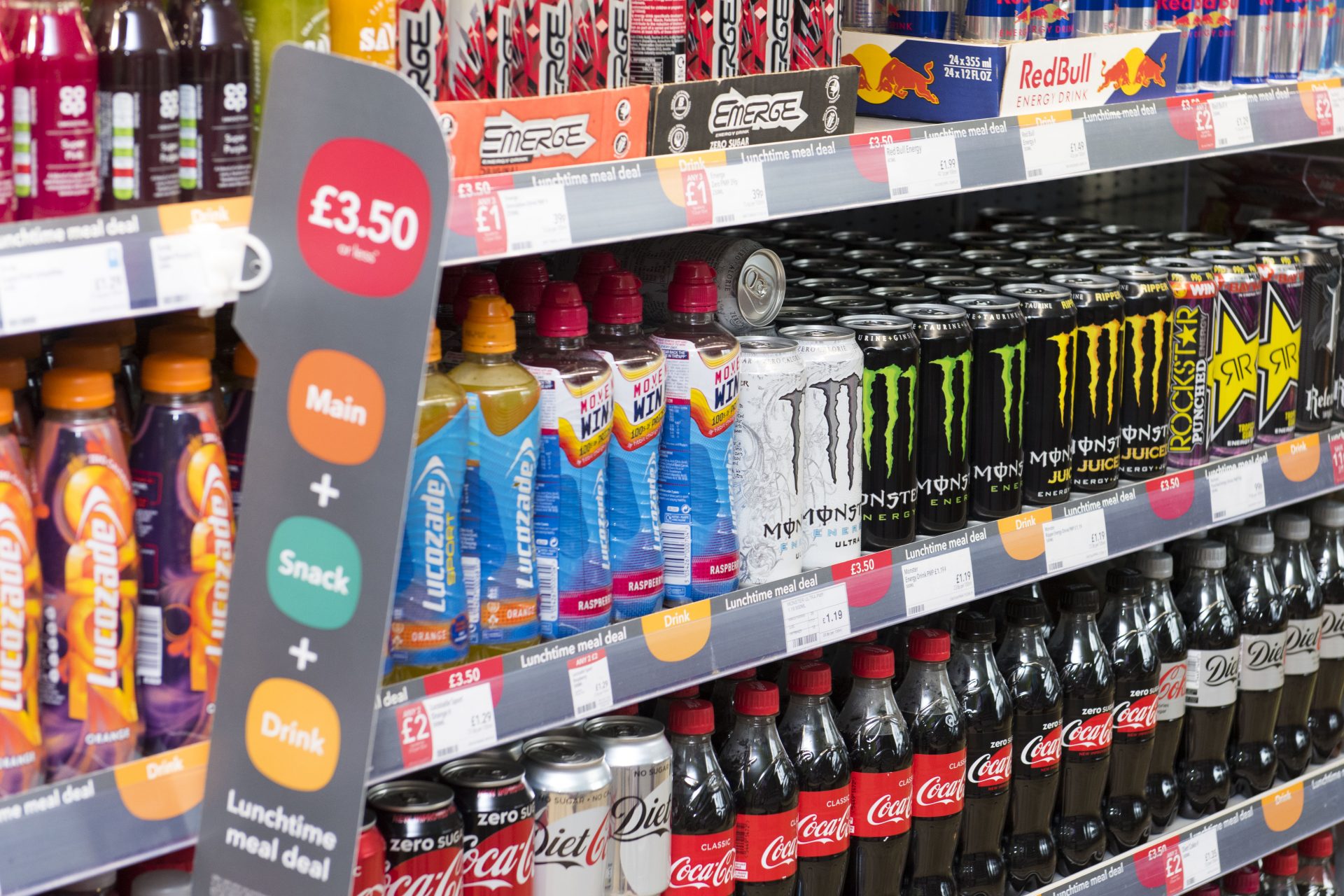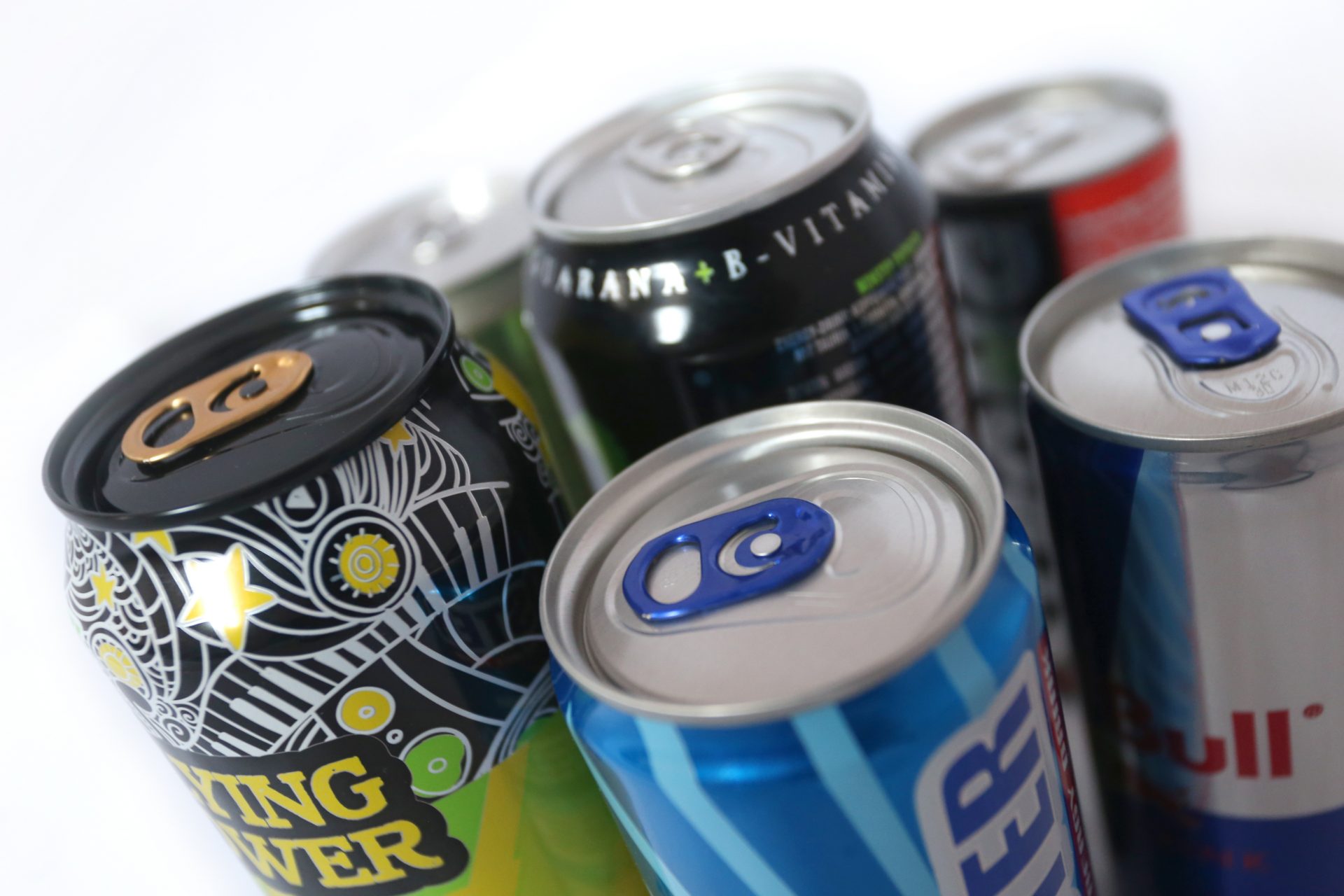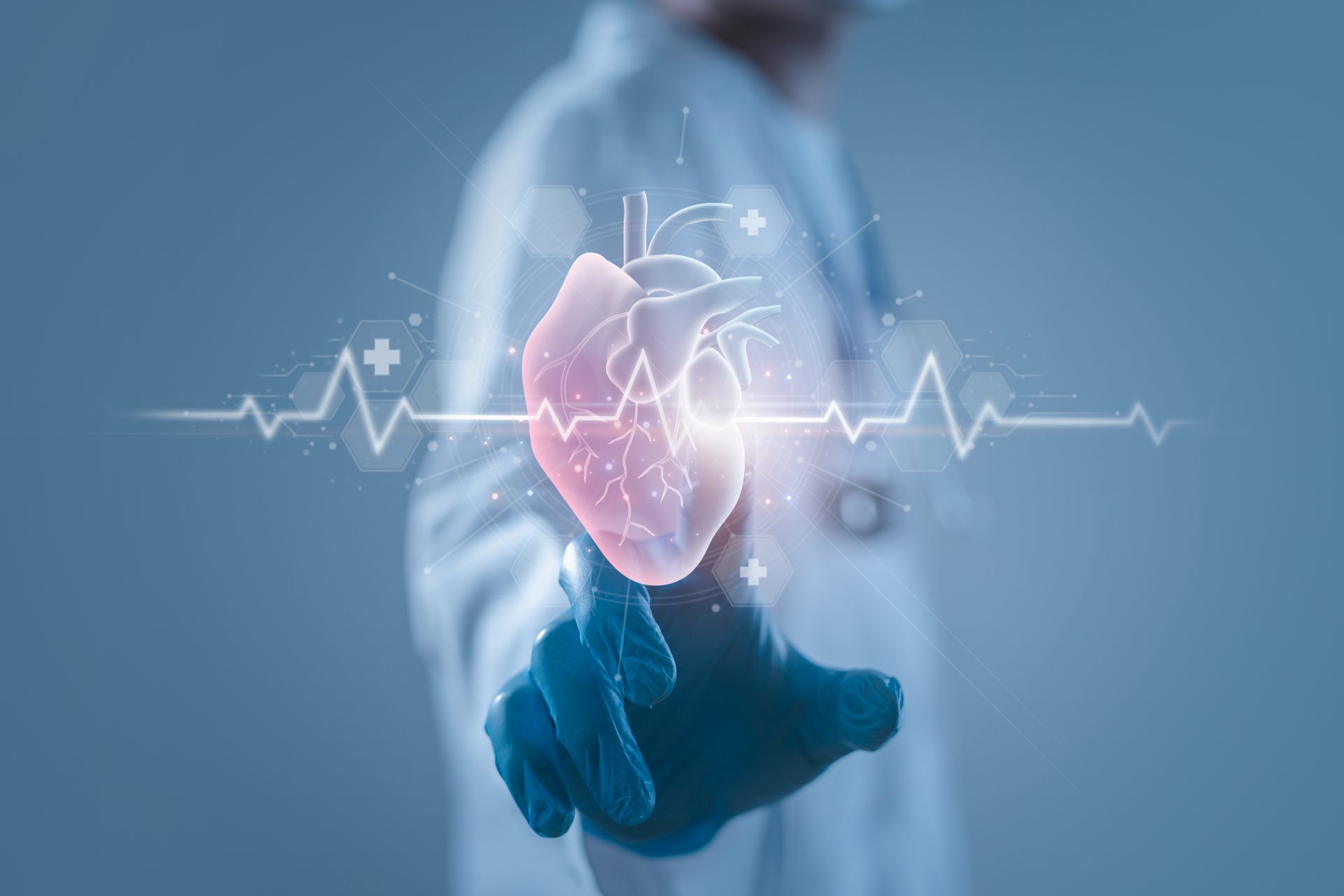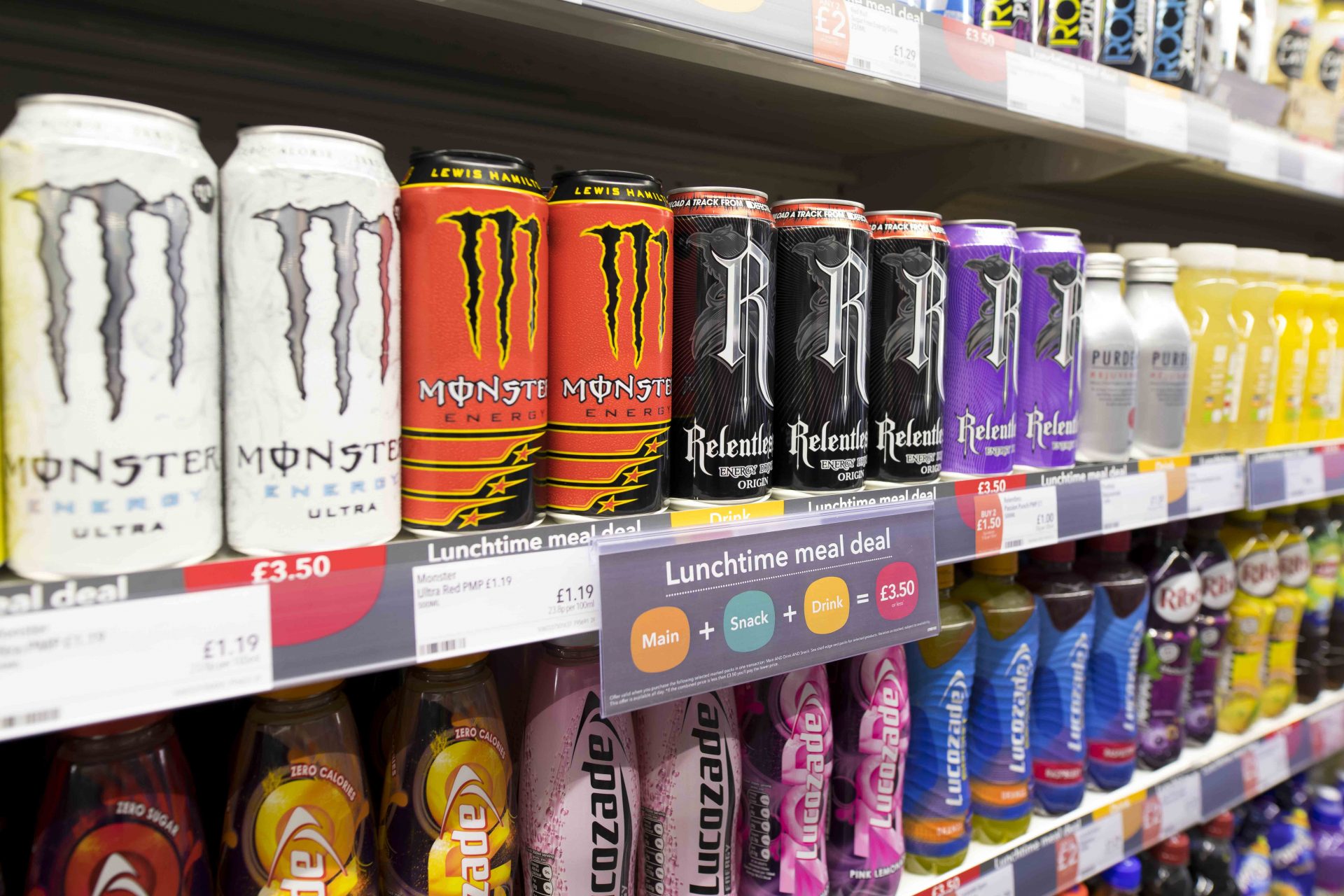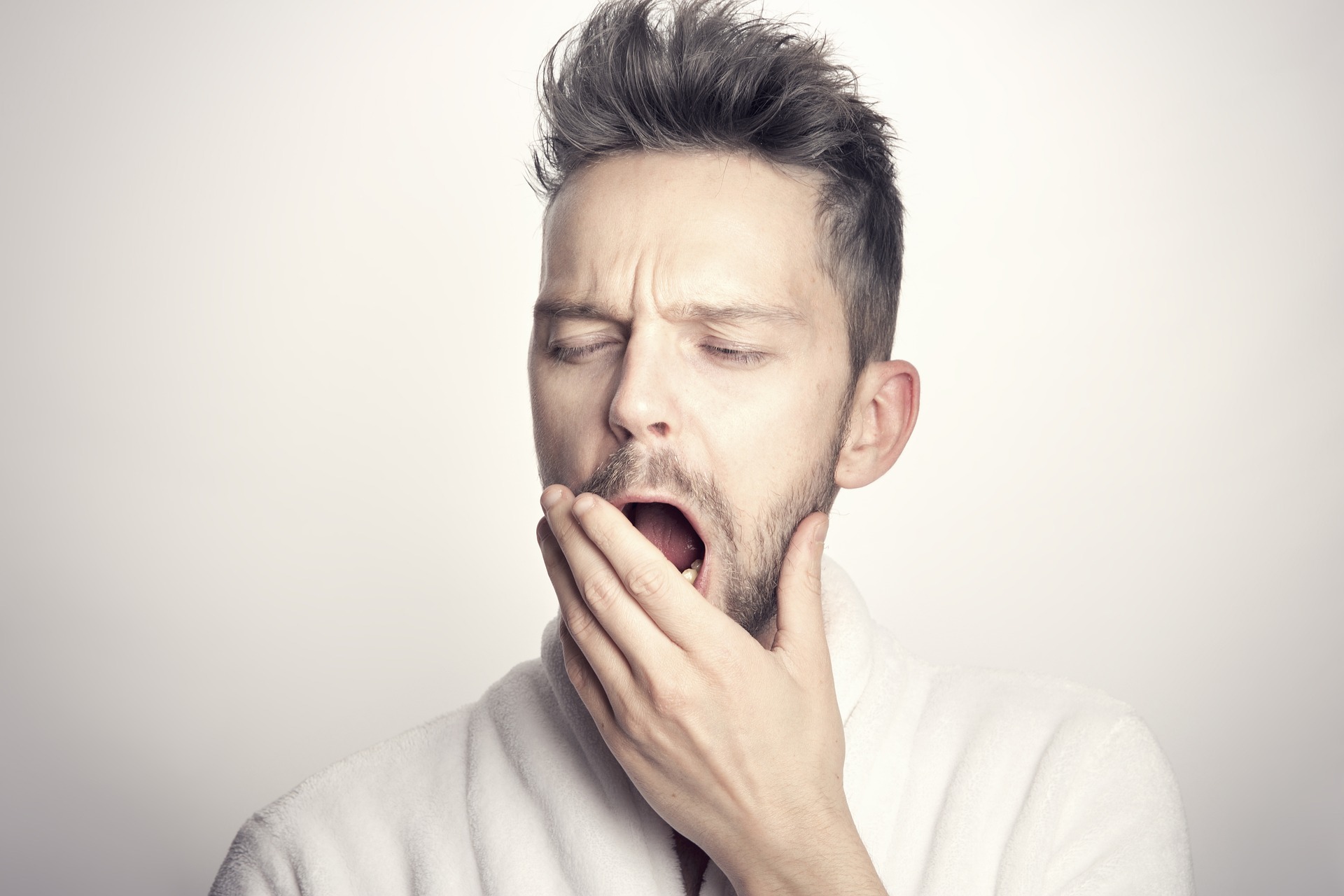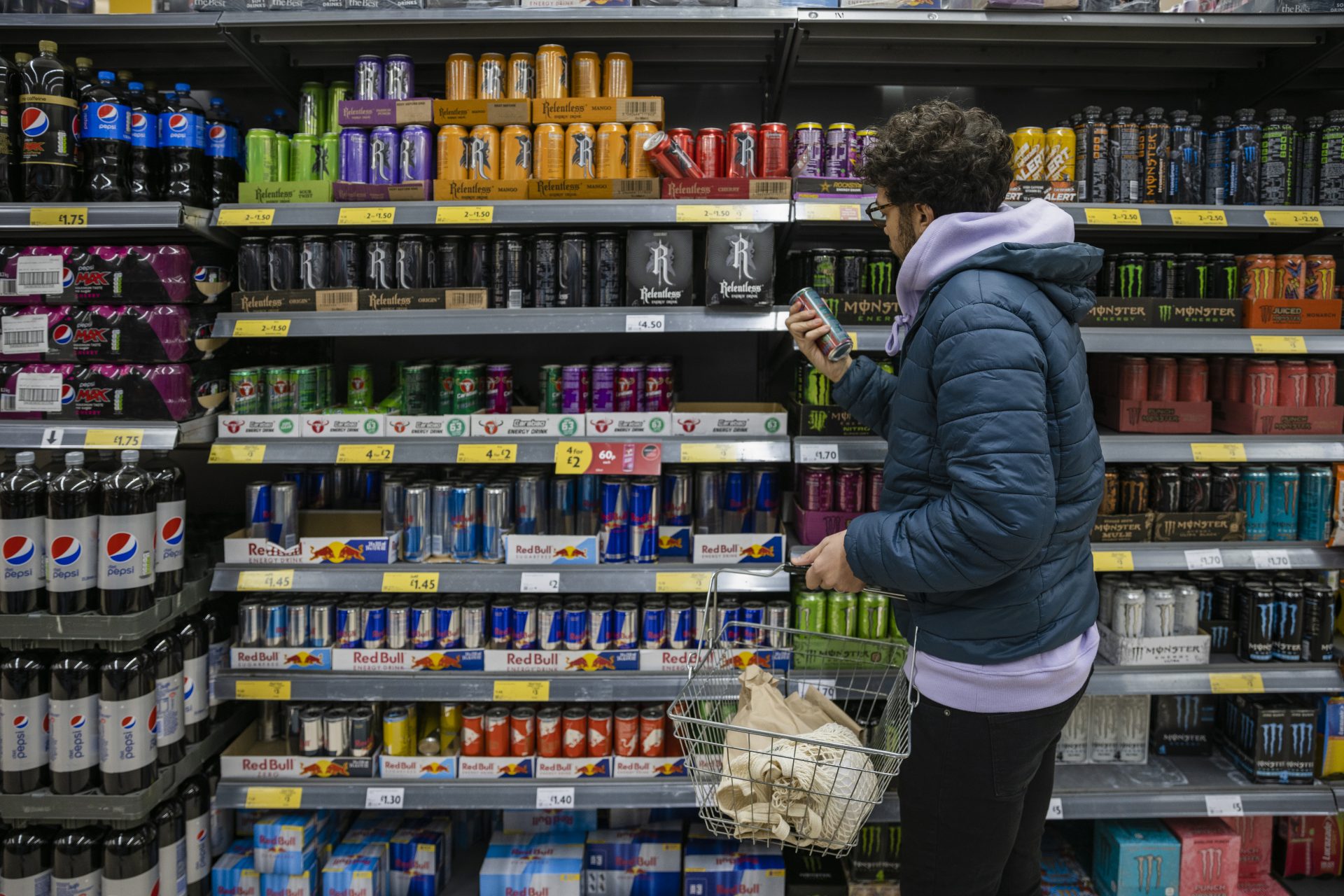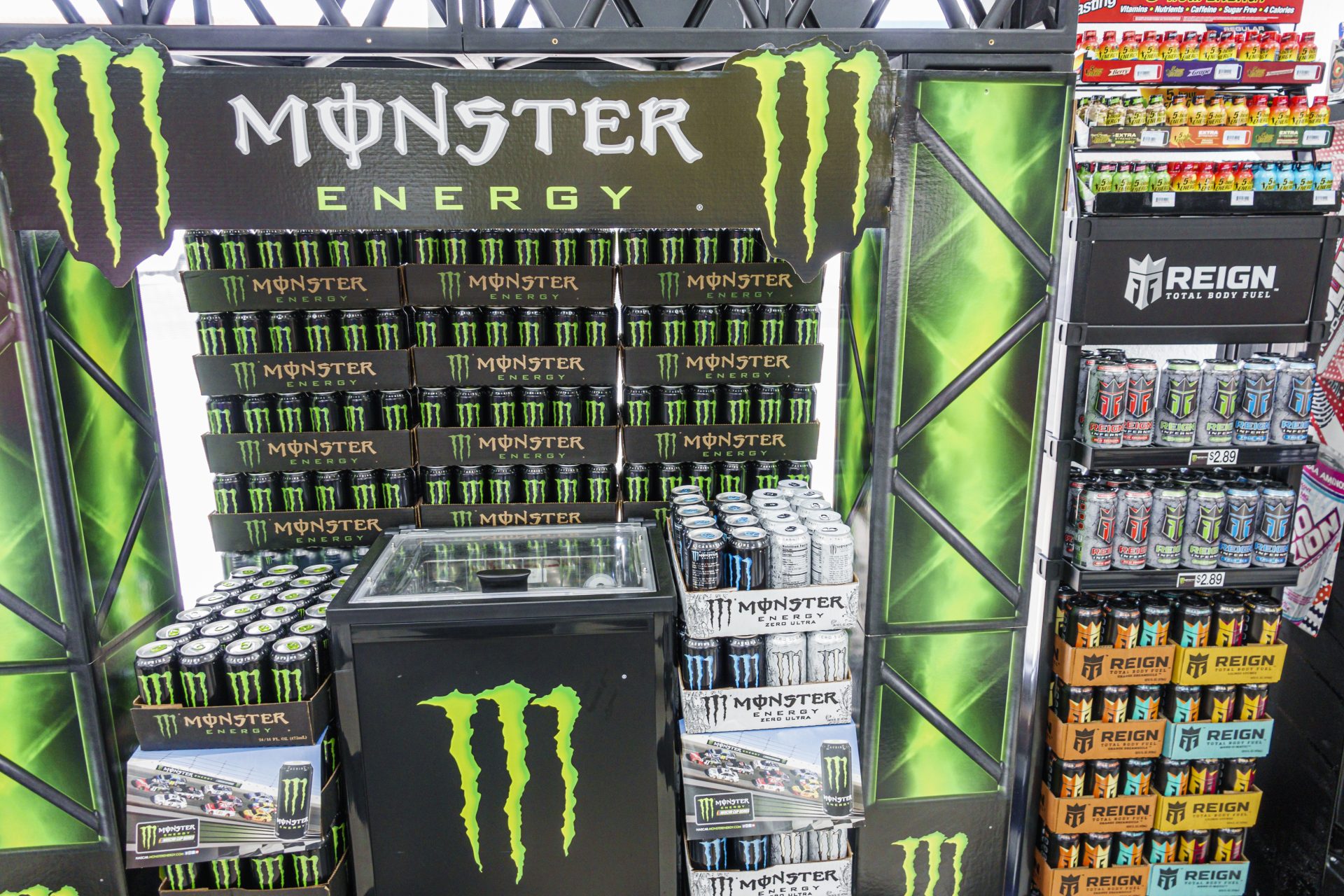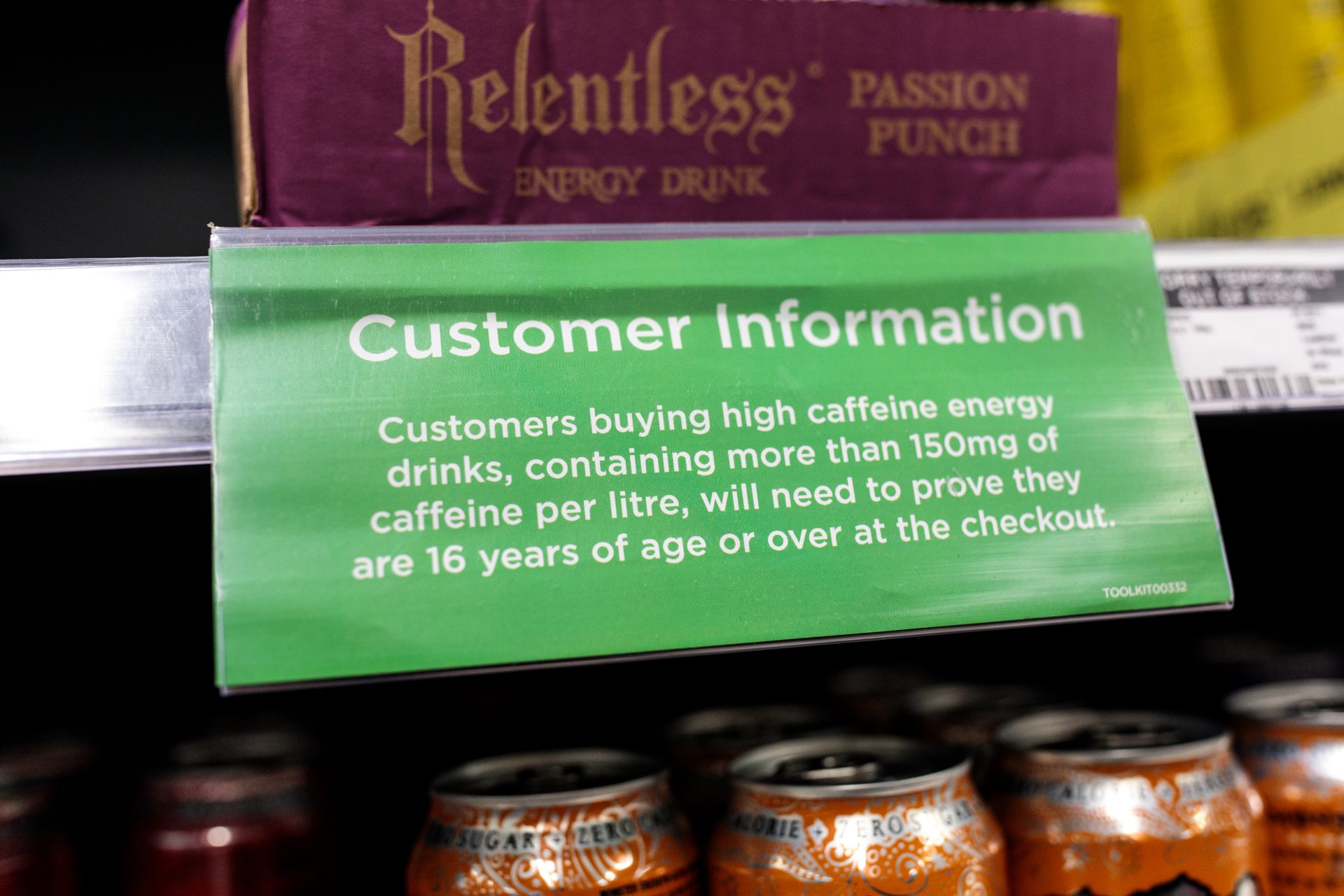Energy drinks are more dangerous than you think
A new study suggests that consuming energy drinks may be associated with sudden cardiac arrest. Researchers at the Mayo Clinic have cautioned that these beverages, which typically contain high levels of caffeine and other stimulants, could pose risks for individuals with genetic heart conditions.
The results of the study were published on June 5 in the HeartRhythm Journal under the title 'Sudden cardiac arrest occurring in temporal proximity to consumption of energy drinks.'
The research team studied 144 survivors of sudden cardiac arrest, examining the specific type of cardiac issues experienced by the patients and the circumstances surrounding each event.
Among them, seven patients had consumed one or more energy drinks close to the time of their cardiac event.
While the study did not establish a direct causal link between drinking energy drinks and cardiac arrest, the scientists advise that individuals—particularly those with a genetic predisposition to heart problems—should consume these beverages in moderation.
As highlighted by the British newspaper The Telegraph, that despite the lack of a causal link between the drinks and the sudden cardiac events, health experts say it “would be remiss to not sound the alarm”.
The British newspaper also reported that scientists believe that energy drinks may be interfering with the electrical pathways that regulate heartbeat.
In a statement to the press, lead investigator of the study Michael J. Ackerman, a genetic cardiologist at Mayo Clinic, said: "Although the relative risk is small and the absolute risk of sudden death after consuming an energy drink is even smaller, patients with a known sudden death predisposing genetic heart disease should weigh the risks and benefits of consuming such drinks in the balance."
Dr Ackerman added that other elements could have contributed to the sudden cardiac events the patients suffered after consuming the beverages. For example they could have been suffering from sleep deprivation, dehydration or been practicing extreme fasting.
Dr Ackerman told the press, "Unusual consumption of energy drinks most likely combined with other variables to create a ‘perfect storm’ of risk factors, leading to sudden cardiac arrest in these patients.
Energy drinks have grown much more popular in recent years. According to the market research company Mintel, the sale of energy drinks has increased by 73% between 2018 and 2023.
The popularity of these drinks has grown despite warnings from doctors and health experts who have shared their worries over the extremely high levels of caffeine along with stimulants such taurine and guarana that is found in these drinks.
More concerning is how these kinds of drinks have become popular among teens and even kids. Particularly when you take into account energy drinks often contain at least three times the amount of caffeine than a cup of coffee. Some countries, such as the UK have even put restrictions in place to keep kids from buying them.
Surprisingly, many parents will not allow their children to drink coffee a cup of which has around 100mg of caffeine but seem to have no qualms about giving a kid a drink that has up to 300mg of caffeine.
Dr Ackerman told the press, "Energy drinks are not regulated by the US Food and Drug Administration (FDA), so researching the effects that these drinks have on our patients is of utmost importance."
Ackerman added, "It has been postulated that the highly stimulating and unregulated ingredients alter heart rate, blood pressure, cardiac contractility, and cardiac repolarization in a potentially pro-arrhythmic manner." So, if you need a boost you most likely would be better off brewing a cup of coffee, and make sure to keep the kids away from the energy drinks!
More for you
Top Stories



